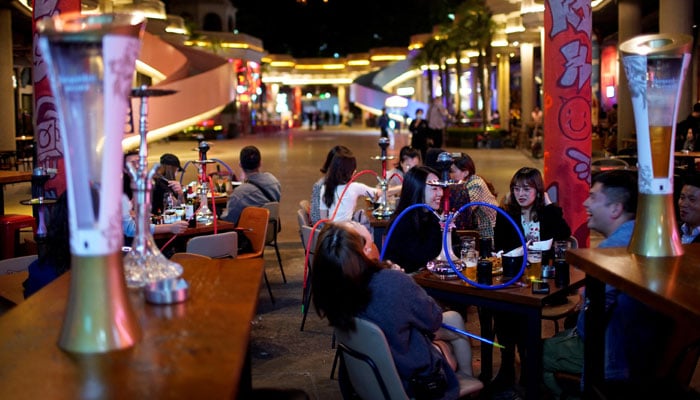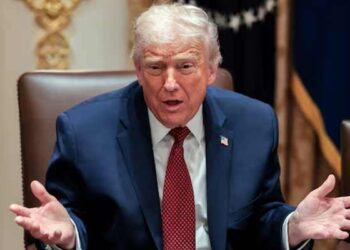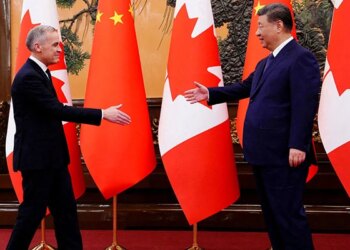Select Language:
Following recent incidents of deaths attributed to excessive drinking at banquets, some Chinese civil servants have been instructed not to dine in groups larger than three. This move is part of Beijing’s intensified austerity measures.
New regulations, updated in May, specifically target Communist Party officials and public sector employees. The guidelines prohibit extravagant banquets, unnecessary infrastructure projects, luxurious vehicle features, and decorative plants in meetings.
Experts believe this renewed effort reflects President Xi Jinping’s ongoing commitment to anti-corruption and maintaining Party discipline, indicating that earlier measures had fallen short.
“The drinking culture among civil servants is quite serious, but they haven’t implemented effective solutions, resorting instead to a blanket policy,” stated Alfred Wu, an associate professor at the National University of Singapore.
“While the government aims to enhance consumption, maintaining integrity—Xi’s primary concern—comes at a cost.”
The new rules followed several high-profile cases of officials dying from excessive drinking at banquets since April. Numerous officials faced disciplinary action in relation to these incidents in Hunan, Anhui, and Henan provinces, where there were attempts to hide banquet details and secretly compensate victims’ families.
Government Overreach
This week, some local authorities introduced even stricter dining guidelines. These measures advise officials to be cautious when attending social gatherings, avoid treating superiors or subordinates to meals, and refrain from forming “cliques,” as detailed in a social media post by a Communist Party organization in Anhui province.
“When dining with colleagues, groups of fewer than three are generally acceptable,” the post stated, asking, “Does dining out with colleagues after work violate regulations?”
“Avoid high-end restaurants, do not frequently meet the same individuals, and steer clear of forming ‘small cliques’.”
The guidance sparked a notable reaction on social media from one of the most tightly controlled demographics in China, as individuals expressed growing discontent over what they view as excessive and arbitrary personal restrictions.
“Eating alone is indulgent, dining in pairs leads to inappropriate relationships, and sharing a meal with three constitutes forming cliques,” commented one user from Hunan province, garnering over 3,500 likes.
A civil servant from Shandong province noted, “My colleagues and I went out for hotpot during lunch, and we were all given warnings as punishment.”
“This is a massive overreaction; the core aim of these guidelines is to prevent wasteful spending on extravagant meals, but enforcement varies by bureaucratic level,” remarked another user from Guangxi region.
One civil servant in Sichuan said she and her co-workers were told to head home immediately after work. An official from Anhui revealed that her office recently started requiring daily breathalyzer tests, while another from Shaanxi mentioned being instructed to remove her office plants.
A Gansu civil servant was tasked with studying a list of 20 types of dinner gatherings to avoid, and a state-owned enterprise worker in Wuhan was directed not to have lunch with colleagues from other departments or superiors.
“Even if I invite someone to our cafeteria and spend little, that’s still forbidden,” she added, citing Party regulations.
Additionally, some officials in Anhui reported receiving unsolicited calls from local disciplinary inspectors, requiring them to recall the dining rules or risk being reported to their superiors.
Conversely, three civil servants from Beijing, rural Guangdong, and Chongqing shared with Reuters that their workplaces did not impose harsh enforcement of the rules.
Some appreciated the regulations, expressing relief at no longer feeling pressured to drink with their superiors.
These new rules supplement the “eight-point regulations,” a code of conduct aimed at curbing widespread corruption in China’s large bureaucracy—a measure initially introduced by Xi shortly after he took office in 2012.
The number of officials penalized for violating the 2012 guidelines on frugality surged from 9,292 in February to over 16,500 in April, according to the latest figures.







